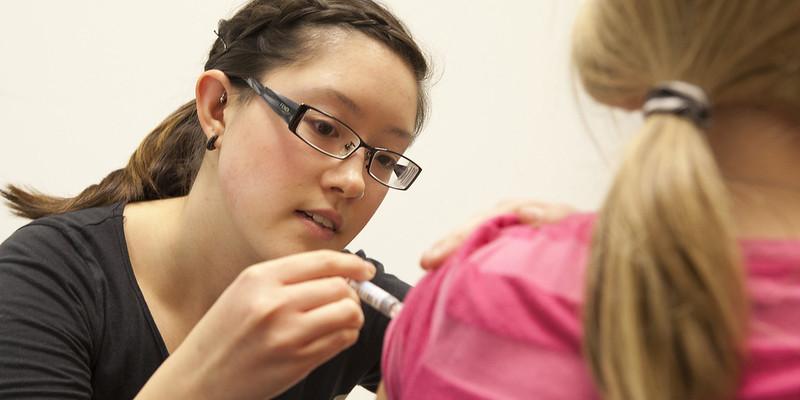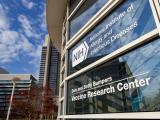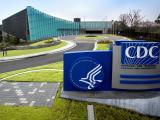A poll released today shows that 79% of US adults support requiring children to be vaccinated against preventable infectious diseases like measles, mumps, and rubella to attend school, with even two thirds of Republicans and those who support the "Make America Great Again" (MAGA) movement agreeing with such measures.
The poll of 2,509 adults, conducted by the Harvard T.H. Chan School of Public Health and the de Beaumont Foundation, also found that, among the 21% who don't support school vaccine mandates, their reasoning focused more on parental choice than on safety concerns.
The poll was conducted from March 10 to March 31 among a representative sampling. It has a margin of error for the entire sample of plus or minus 2.3 percentage points.
Broad support across the political spectrum
The poll found that 90% of Democrats, 68% of Republicans, and 66% of MAGA supporters agreed with the statement, "Parents should be required to have their children vaccinated against preventable diseases to attend school." Seventy-two percent of parents or guardians felt the same way.
Among the 79% who support routine childhood vaccine requirements, 90% cited vaccine effectiveness, and 87% noted family responsibilities to keep schools safe as major reasons.
Childhood vaccine requirements are less controversial than many people may think.
Other major reasons include respondents thinking diseases like measles will come back if vaccines are no longer required (84%), requirements are important to protect children who cannot get vaccinated for medical reasons (81%), and routine vaccines have been proven safe because they are well-tested (80%) and have been around so long (76%).
Fewer of those who support requirements—49%—say trust in government agencies that approve routine childhood vaccines is a major reason.
"Childhood vaccine requirements are less controversial than many people may think," said Brian Castrucci, DrPH, president and CEO of the de Beaumont Foundation, in a Harvard news release. "This poll shows that they're widely supported across political groups—and it's heartening to see that so many Americans understand the importance of vaccination, which remains a fundamental pillar of public health and disease prevention."
Strong belief in vaccine safety
Despite recent efforts by federal officials like Health and Human Services Secretary Robert F. Kennedy Jr. to sow mistrust in vaccines, the poll revealed that 91% of US adults believe that routine childhood immunizations are safe for most children.
This includes 63% who believe vaccines are very safe and 28% who believe they are somewhat safe. Only 5% and 4% believe they are not very safe or not at all safe, respectively.
Belief in vaccines safety is high across the political spectrum, with 97% of Democrats, 88% of Republicans, and 84% of MAGA supporters expressing that opinion. Likewise, 88% of parents believe routine vaccines for children are safe.
A political divide does appear, however, when looking at those who deem vaccines to be "very safe." Only 51% of Republicans and 47% of MAGA enthusiasts held that opinion, compared with 80% of Democrats.
Parental choice key among dissenters
Among the 21% of polled adults who say they don't support vaccine requirements, 79% say a major reason for their stance is that they think it should be the parents' choice whether or not to vaccinate their child.
Other reasons for opposing vaccine mandates: 66% of respondents think government agencies who enforce vaccine requirements are influenced too much by politics and big companies, 64% worry that children might be required to get too many vaccines in the future, and 54% believe that vaccine requirements pad vaccine makers' pockets.
Concern over vaccine safety, in contrast, was cited as a major reason by just 40% of those who oppose routine childhood vaccine requirements.
Public health leaders need to be prepared to bring empathy to conversations that go beyond just trying to convince people vaccines are safe.
These reasons take on new meaning amid a nationwide measles outbreak that has now topped 1,200 confirmed cases, threatening the nation's status of having eliminated the disease, which it achieved in 2000.
"Public opposition to childhood vaccine policies is often more about parental rights than vaccine safety," said survey lead Gillian SteelFisher, PhD, director of the Harvard Opinion Research Program and principal research scientist at Harvard Chan School.
"As the country leans on vaccine policies to help address its largest measles outbreak in decades, public health leaders need to be prepared to bring empathy to conversations that go beyond just trying to convince people vaccines are safe."















